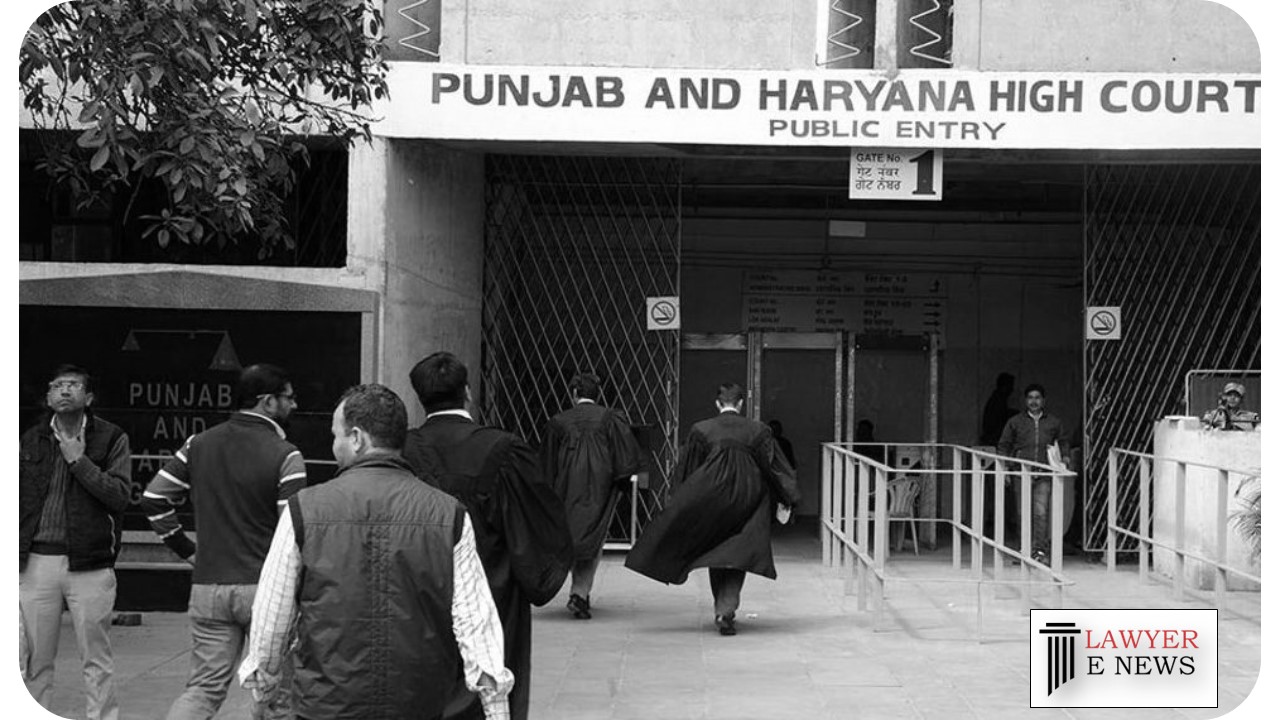-
by Admin
15 February 2026 2:16 AM



In a recent judgment delivered on 20th July 2023, the High Court of Punjab and Haryana at Chandigarh upheld the conviction of Avinash Sahota and Gurmukh Singh, who were charged under Sections 323 and 323/34 of the Indian Penal Code (IPC). However, the appellants did not press an appeal against their conviction and instead sought the benefit of probation under Sections 360 and 361 of the Code of Criminal Procedure (Cr.P.C).
The key contention in the case was whether the trial court had considered granting the appellants probation despite their conviction. According to the judgment, the court's failure to consider the plea of probation was deemed erroneous. The court cited the precedent set by the Hon’ble Supreme Court in the case of Eliamma and Another vs. State of Karnataka, which clearly stated that the court must record specific reasons for not granting probation when applicable, as it is a mandatory duty.
Justice Deepak Gupta, presiding over the bench, emphasized the significance of Section 360 and 361 of Cr.P.C., which provides a provision for releasing offenders on probation of good conduct. The court further highlighted that in cases where the court could have considered probation but chose not to do so, it is required by law to record special reasons for not extending the benefit.
The judgment referred to other cases, including Daljit Singh and Others vs. State of Punjab through Secretary Home Affairs and Balbir Singh and Another vs. State of Punjab, which reinforced the obligation of the court to consider the plea of probation and provide specific reasons for denial when the case falls under the purview of Section 360 Cr.P.C.
While upholding the conviction, the High Court remitted the matter back to the trial court to reevaluate the appellants' plea for probation, ensuring compliance with the provisions of law.
Date of Decision: 20.07.2023
Avinash Sahota @ Shera and another vs State of Punjab
